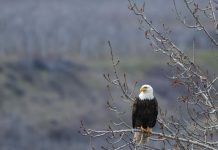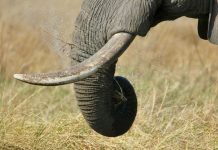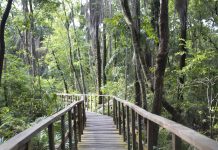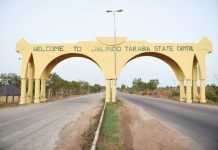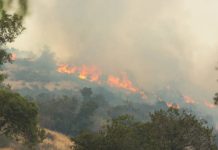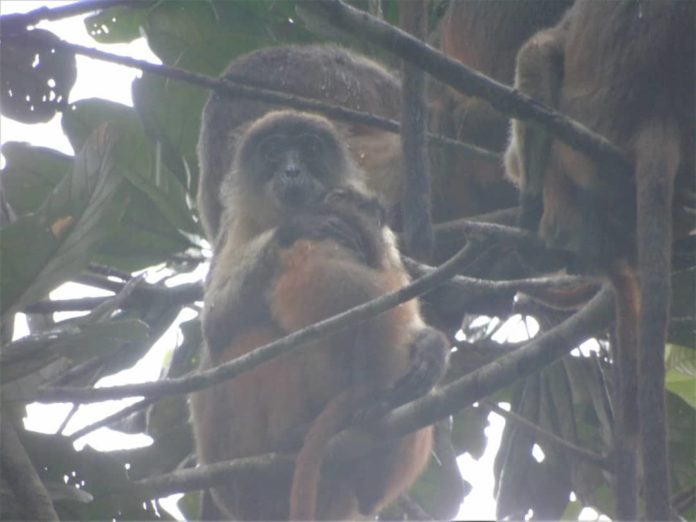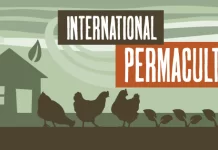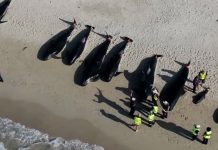About 200 critically endangered Niger Delta red colobus monkeys are beneficiaries of a rare collaboration between a community and a conservation organization. This population of the monkey species is likely the most viable left in the world.
The Apoi community of Bayelsa State and the Southwest Niger Delta Forest Project of the Foundation for Sustainability of Ecosystem, Wildlife and Climate (FOSEC) joined hands to establish a new 1,000-hectare (2,741-acre) community conservancy in the Apoi Creek Forest.
The conservancy will be jointly managed by the Apoi community and SW/Niger Delta Forest Project, which has been working there for seven years before a formal Memorandum of Understanding was signed recently. This community-based conservation effort is key to the survival of the species, which is one of the 25 most endangered primates in the world. About three groups of the monkey have territories in the conservancy.
The MOU between SW/Niger Delta Forest Project and community leaders was signed on September 27. Chief Vinmarh G. Fietabara, chairman of the Council of Chiefs; Mr. Edu Kemeghesuotei, chairman of the Apoi Community Development Committee (CDC) and Mr. Godday S. Awudu, Apoi youth president, all signed the agreement and the entire Apoi community—all of its members—attended the signing ceremony, as well as some members of neighboring communities that share boundaries with the new conservancy.
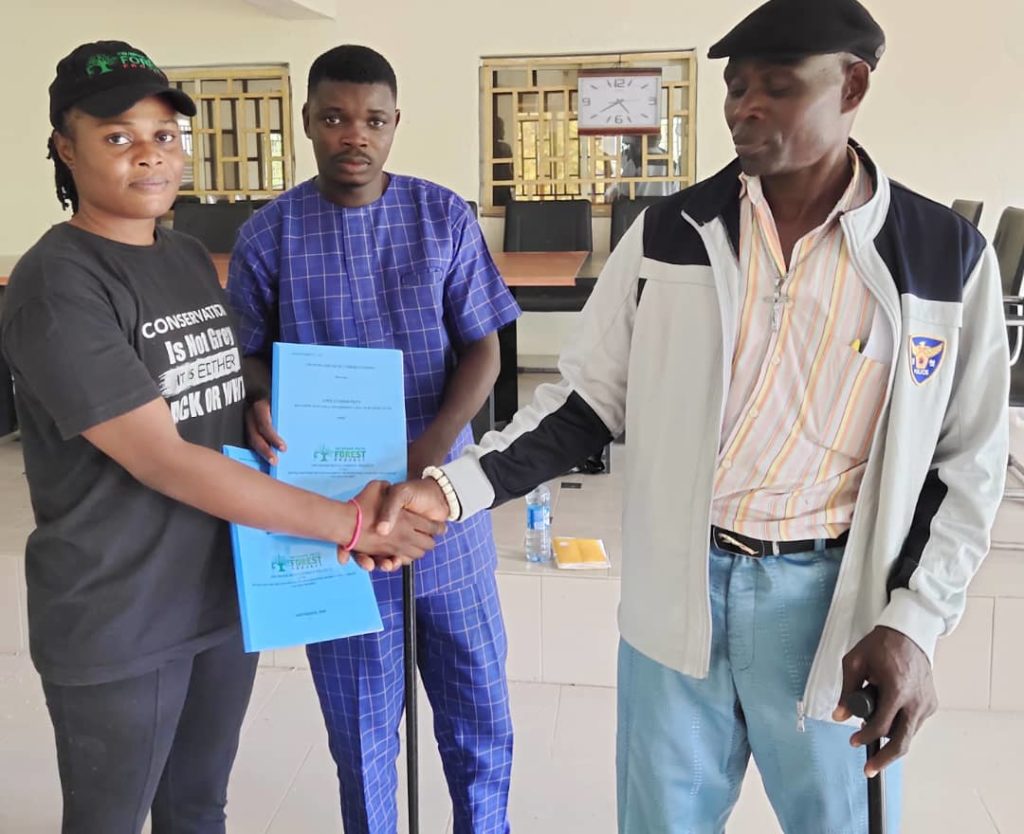
Director of SW/Niger Delta Forest Project, Rachel Ashegbofe Ikemeh said the presence of the endemic Niger Delta red colobus monkey known locally as the “epieni” was an important factor in the recognition of the forest as a wetland of international importance under the Ramsar Convention in 2008.
“Recent surveys provided evidence that this forest remains key to the continued survival of the remnant population of the Niger Delta red colobus monkey,” she added.
Niger Delta red colobus monkeys only live in a dense swamp forest that is extremely difficult to navigate, the species was only discovered and described by science in 1993. Researchers with SW/Niger Delta Forest Project can only reach the forests in dug-out canoes and wading through murky waist-deep water.
In the 1990s researchers estimated that the species population in the forests was about 10,000. However, the population is currently down to a mere 500 individuals living scattered across an extremely small area. The monkeys’ current range is estimated to be between 200 and 78 square kilometers from a known historical range of 1,500 square kilometers.
Lack of adequate wildlife protection laws, indiscriminate logging, hunting and oil extraction in the species habitat are a few of the reasons behind its decline. The new Apoi community bylaws are the first-ever protections for the Niger Delta red colobus.
The SW/Niger Delta Forest Project and the Apoi community are developing a five-year management plan, which will establish formal protection for Niger Delta red colobus, improve land-use planning, adopt sustainable livelihood initiatives for the local community and improve the quality of the marsh forest. The Apoi community has already begun enacting and implementing new bylaws and efforts to demarcate the boundaries of the conservancy are underway.
The community conservancy is only the second-ever created in Nigeria.
The organization is taking a community-based approach to this conservation effort which establishes formal protection for the species while also supporting community partners to improve land use planning, adopt sustainable livelihood practices and improve the quality of marsh forest habitat through an all-inclusive management approach to ensure benefits to both biodiversity and the community.
“We have a really strong partnership and have developed a solid relationship over the last 6 to 7 years, thanks to the continued presence of our team on the ground and the persistent efforts of our project director, so I believe we will tactfully surmount any challenges we may encounter,” said Kosipre Williams, a field officer for SW/Niger Delta Forest Project.
Since 2013, the SW/Niger Delta Forest Project has monitored two populations of Niger Delta red colobus monkeys in Apoi Creek Forest and Kolotoro-Ongoloba Forest, overlapping Azagbene, Azama and Aleibiri territories. It has also pushed for local, state and international intervention to help the Niger Delta red colobus, which is on the brink of extinction.
“What Rachel and her team have accomplished, working in close collaboration with the Apoi Community, is truly remarkable, especially when one considers that the Niger Delta region is one of the most complicated and often dangerous regions to work in all of Africa,” said Russ Mittermeier, chief conservation officer for Global Wildlife Conservation. “This species is one of the highest priorities in our soon to be published Red Colobus Action Plan, covering all the species of this most endangered African primate genus.”
The SW/Niger Delta Forest Project has worked closely with the International Union for Conservation of Nature’s SSC Primate Specialist Group and The Red Colobus Conservation Network and is supported by the Rainforest Trust, Margot Marsh Biodiversity Foundation, Mohammed Bin Zayed Species Conservation Fund, GWC’s Primate Action Fund, Primate Conservation Inc., National Geographic Society and other philanthropies.



